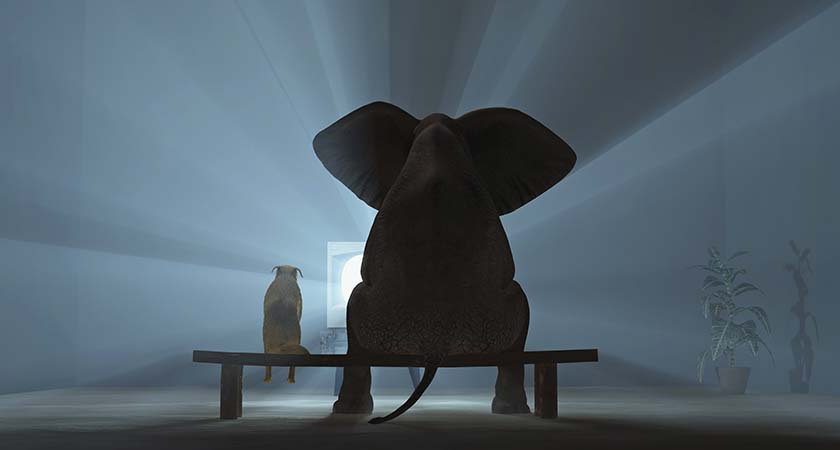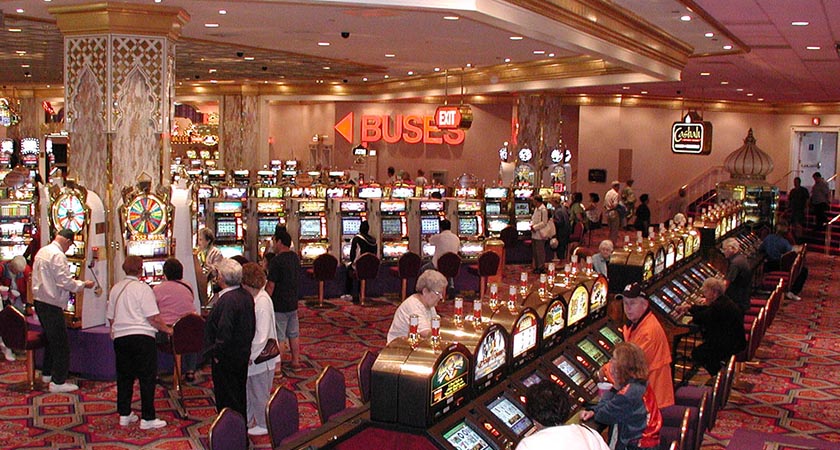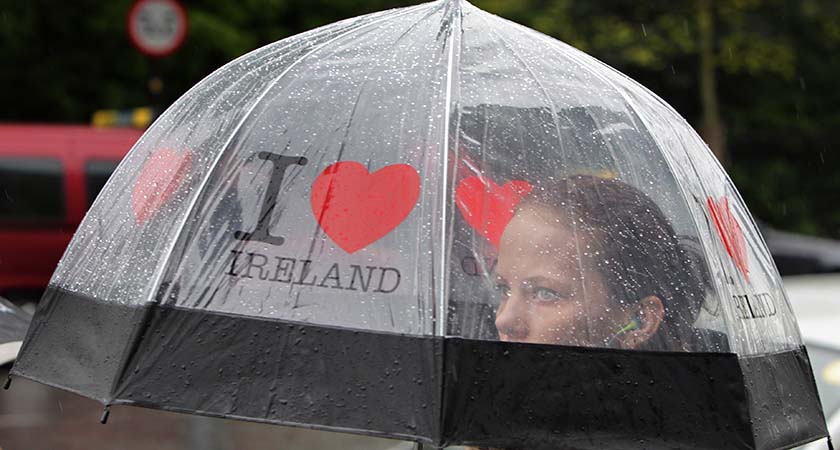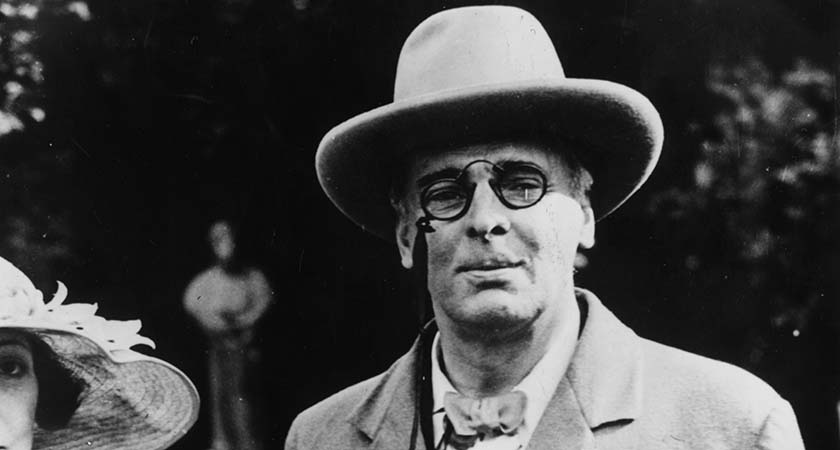EVERY language has them, every culture is peppered with them. Along with maxims and aphorisms, proverbs are short expressions of popular wisdom — with some carrying more truth than others. Needless to say, we have plenty in Ireland. Here are a few of our favourites...
1. May today be better than yesterday, but, not as good as tomorrow
This philosophy of optimism is found in many cultures, and appears to date as far back as mediaeval times — when tomorrow, most certainly, could not be guaranteed to see a marked improvement on the day before.
2. What a sober man has in his heart, the drunk has on his lips
Drink features in many Irish proverbs, and indeed across many cultures. The above proverb is found in such disparate places as Denmark, Germany and Andalucía.
3. Luck never gives; it only lends
Luck and chance are favourite topics for proverbs in Ireland. “Money won is twice as sweet as money earned,” seems to be the general view, although this goes along with a consensus that luck will be evened out in the long run.mBut there is a harsher verdict: "Success is purely a matter of luck," runs one view. "Ask any failure."
Nonetheless, Captain Happenstance was often relied on in Ireland. “When your luck's in you can win on a tram ticket,” ran a popular proverb in the early 20th century.
4. The past is very unpredictable
This has been attributed to many countries with particularly vexed histories (Ireland, Russia, Serbia), places where a popular pastime is revisiting the past. In the North of Ireland, events are given a different spin largely dependent on where the person — or his forebears — went to church of a Sunday.
As Irish-American journalist Bill Vaughan once said: “It might be a good idea if the various countries of the world would occasionally swap history books, just to see what other people are doing with the same set of facts.”
5. Whatever you say, say nothing
This was actually less of a proverb and more in the way of sound advice for anyone living in, or visiting, the North of Ireland. It comes from Seamus Heaney’s 1975 volume North, and the mordantly ironic title Whatever You Say Say Nothing soon became an aphorism for a time and a place where you always needed to be on guard over what you said. Even today it's probably not a bad guiding principle.
6. Success consists of getting up just one more time than you fall
Oliver Goldsmith, from Longford (some records specify Rosscomon), accomplished something few other writers have ever managed – he wrote a poem, a play and a novel, each of which is regarded as amongst the finest in the English language.
The Vicar of Wakefield (1766), The Deserted Village (1770) and She Stoops to Conquer (1773) have been plundered for quotations, aphorisms and proverbs.
7. Your last cheque should be to the undertaker — and it should bounce
Brendan Behan, along with O’Casey, Swift and Joyce, contributed much to the English language — their sayings and proverbs are today common currency. Oscar Wilde is perhaps the most often quoted. "There are only two tragedies in life: one is not getting what one wants, and the other is getting it," is typical of his output.
Behan's general attitude to death was strictly in line with his general philosophy.
8. Climate is what you expect. Weather is what you get
Well, living in a country that has been overcast since records began, we know all about uncooperative weather, and the climate makes regular appearances in our proverbs. Our old friend Brendan Behan introduced a saying that had great currency in the 20th century: “The weather’s so changeable you wouldn’t know which clothes to pawn.” The pawn shops have gone, but the iffy weather remains.
9. In the land of the blind, the one-eyed man is king
Again, a saying that has great antiquity, with roots in ancient Greece. But it has remained fashionable in Ireland, and is particularly popular when discussing Dáil Éireann.
 10. It’s like the elephant in the front room
10. It’s like the elephant in the front room
This popular phrase appears to have Irish origins.
Dublin philosopher George Berkeley (18th century) used a version of it in his debates with scientists, asking whether or not there was "an invisible elephant in the room".
Its modern use dates back to a 70 minute BBC television film by the late Alan Clarke, shown in 1989. Called Elephant, the bleak production – without commentary – was a reconstruction of 18 sectarian murders in the North.Clarke took the title from the Belfast writer Bernard McLaverty who described the Troubles in the North as ‘having an elephant in your living room'.
The interesting thing is that McLaverty’s original meaning is not quite the same as it is used in normal parlance today. He originally said the Troubles in the North were ‘like living in a room with an elephant and trying to ignore it. Occasionally it stood on your toe or crapped on your head, but mostly you tried to get on with it.’
11. The innocent and the beautiful have no enemy but time
Much of theWilliam Butler Yeats Yeat's output has become familiar to us: “Tread softly because you tread on my dreams," comes from one of the most poignant love poems ever written. It begins, "Had I the heaven's embroidered cloths. . ." and only gets better. Next year, with the 100th anniversary of 1916 upon us, expect to hear one of his most famous lines: “A terrible beauty is born.” But his view on “the innocent and the beautiful” remains both true — and dreadfully chilling.
12. We are all in the gutter, but some of us are looking at the stars
There can scarcely be a better or more succinct summing up of self-improvement than Oscar Wilde’s beautiful and poignant lines.





